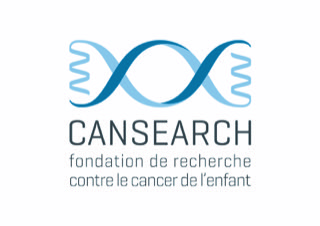e) PGxALL HSCT Landscape
On average, each of us carries at least 1 to 8 pharmacogenetic (PGx) variants depending on our ethnic backgrounds. These spelling errors in our DNA sequence can impact the treatment of various diseases such as depression, hypertension, gastric acidity, cardiovascular disorders, pain, and infections. Having this information would help avoid serious treatment-related problems, such as toxicity or treatment failure.
Survivors of childhood acute lymphoblastic leukemia (ALL) after HSCT are at a higher risk of suffering from these conditions throughout their lives, perhaps even higher than children who received only chemotherapy, compared to an average healthy population of the same age. Having a comprehensive overview, meaning a representation of these PGx variants in this population, would help researchers understand the severity of the situation and could contribute to providing personalized dosing practices, not only for chemotherapy but also for other treatments these patients may receive in the future. We would like to leverage the genetic data already available in the FORUM and GECCOS studies and present this landscape in this vulnerable population.
